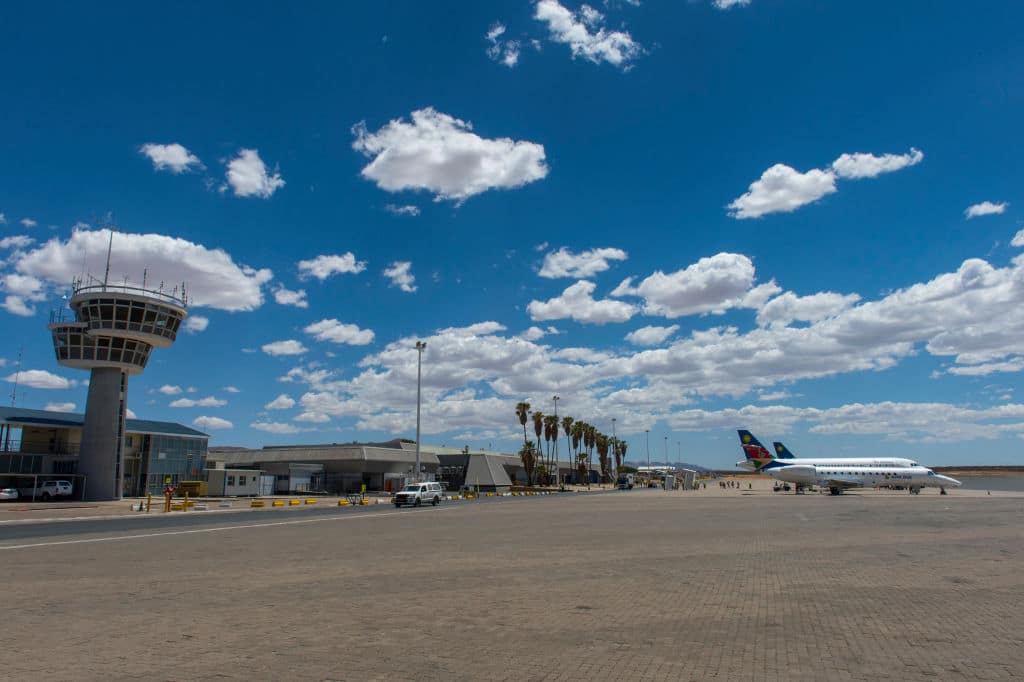Namibia recently decided to impose visa requirements on countries that do not offer reciprocal visa-free entry.
Namibia is set to implement a new visa policy aimed at launching in April 2025, requiring citizens from over 30 countries, including major Western nations like the United States, Germany, and the United Kingdom, to obtain visas for entry. This move is intended to ensure “parity and fairness in diplomatic interactions”, according to a press statement from the Namibian Ministry of Home Affairs, Immigration, Safety and Security issued earlier this year, reflecting a growing trend among Global South countries to assert themselves in global diplomatic exchanges.
The Hospitality Association of Namibia has expressed concerns over the potential impact on tourism, a sector contributing 7% to the country’s GDP. The new visa requirements for visitors from key source markets may affect Namibia’s image as a welcoming destination. With European countries accounting for a significant portion of tourist arrivals, industry experts fear that the policy might deter travelers, particularly those sensitive to additional travel costs.
Namibian policymakers defend the decision as a necessary assertion of sovereignty. Namibian Minister of Home Affairs, Immigration, Safety and Security Albert Kawana stated in a press release that, “This decision ensures that our policies are respected internationally and that Namibian citizens face fair treatment abroad.”
Analysts have noted that Namibia is not alone in this approach. Namibia’s stance reflects a broader trend where countries like Brazil are revising their visa policies to mirror the requirements imposed by Western nations. This shift signals a desire among Global South countries to change narratives about their role and treatment in international relations.
Loading...
While the tourism sector voices concern, the Namibian government insists the process will be streamlined with visas available on arrival, minimizing disruptions for travelers. Still, as the policy looms, the debate continues on whether the diplomatic gains will outweigh potential economic drawbacks.
This policy shift underscores a broader debate in Africa: balancing national sovereignty with the economic imperatives of tourism and investment. As discussions evolve, Namibia’s move may prompt broader reflections across the continent on the balance between welcoming foreign investment and asserting national dignity.
Loading...
